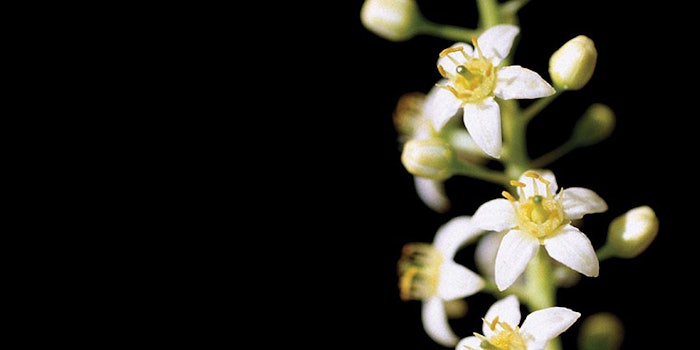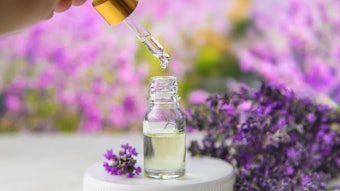
Many of the wonderous trees of Boswellia that once spread across much of the Middle East and Africa and sustained centuries of careful tapping are facing a grim future and are no longer able to sustain the ever-increasing demand for their precious frankincense. For thousands of years, the resin has been collected primarily from only a few of the 20 known species: Boswellia sacra in Oman and Yemen, Boswellia papyrifera, in Sudan and Ethiopia, Boswellia sacra syn.carteri and frereana in Somalia, and Boswellia serrata in India and Pakistan.
Where once local communities, religious centers and later, perfumers, were the primary users of the raw frankincense resin, the recent booming essential oil and aromatherapy industries and the growth of the boswellic acid market have created significant pressure on the main commercial species. The increased research into the bioactivity and the medicinal and aromatic uses of the different chemical compounds of various Boswellia species has sparked a keen interest and opened the doors for a much deeper understanding of the invaluable gifts of frankincense. With thousands of new customers demanding more from fewer trees, both trees and harvesters face a multiplicity of challenges. These include low prices at source, climate and land use changes, insecurity, fragmented governance, human and livestock encroachment, as well as the need for firewood and basic income.
Thankfully, increasing awareness of the looming threats is now prompting many stakeholders to urgently engage. Many are looking for creative ways to grow more trees, collaborate differently and to find out how to stop the destruction of the existing trees and support the communities to maintain healthy vibrant Boswellia habitats.
Sustainability of Boswellia
Sometimes when retailers speak of sustainability, they expect the impossible of being able to continually increase resin volumes to make higher profit margins from a threatened, and in some areas, dying resource, while also attempting to increase the well-being of the local owners and collectors whose livelihoods have depended on frankincense income for generations. If they are not actively and directly engaged in ensuring equivalent tree replacement, building community capacity at source or finding alternative solutions to limit or meet their growing frankincense demand, then traders and retailers cannot continue to use the word “sustainable” as it then becomes a dangerous “whitewashing” to falsely assuage consumers’ justified concerns.











